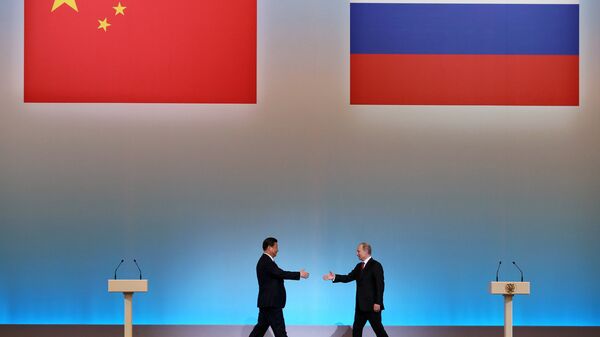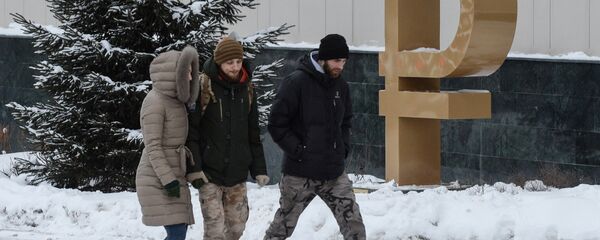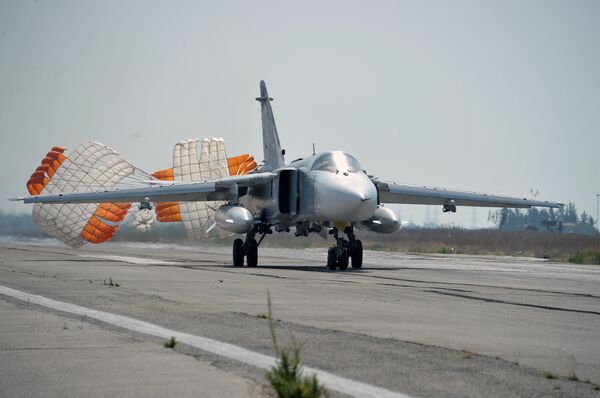The Study Times maintains that the Russian economy is in better shape than many assume. The country's "financial situation is much better than that of many European countries." In addition, Western sanctions have not greatly affected people's lives, while consumer prices remain relatively low. Russia's agricultural and manufacturing industries are growing.
Despite current challenges, Russia's economic future, according to the newspaper, looks optimistic.
"The Russian government will try to limit the economy's dependency on fluctuating oil prices. It will also focus on restructuring the economy by promoting import substitution and reforming regulatory agencies," the media outlet observed.
Moscow, according to the newspaper, has "successfully hosted" the summits of the Shanghai Cooperation Organization and BRICS. It has also "actively participated" in the nascent financial institutions, including the New Development Bank BRICS and the China-led Asian Infrastructure Investment Bank.
Russia's aerial campaign aimed at tackling Daesh and other terrorist groups in Syria has attracted particular attention. The operation, which was launched on September 30, has been hailed as a success by many regional stakeholders.
Moreover, Moscow has been instrumental in kick starting a peace process in the war-torn Arab country, which is expected to follow a roadmap outlined by a recently adopted UN Security Council resolution. Peace talks will be held later this month. They will be followed by a ceasefire and elections in mid-2017.
As a result, "Russia's influence in the Middle East considerably increased," the newspaper noted.
Russian President Vladimir Putin will also focus on promoting ties with China, India and other Asian nations. Russian-Sino relations, which according to the Study Times are often described by the Russians as "de jure partners, de facto allies," have significantly improved due to the efforts of Russian President Vladimir Putin and his Chinese counterpart Xi Jinping.





